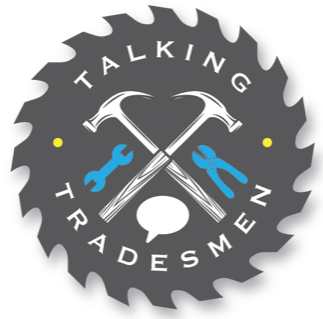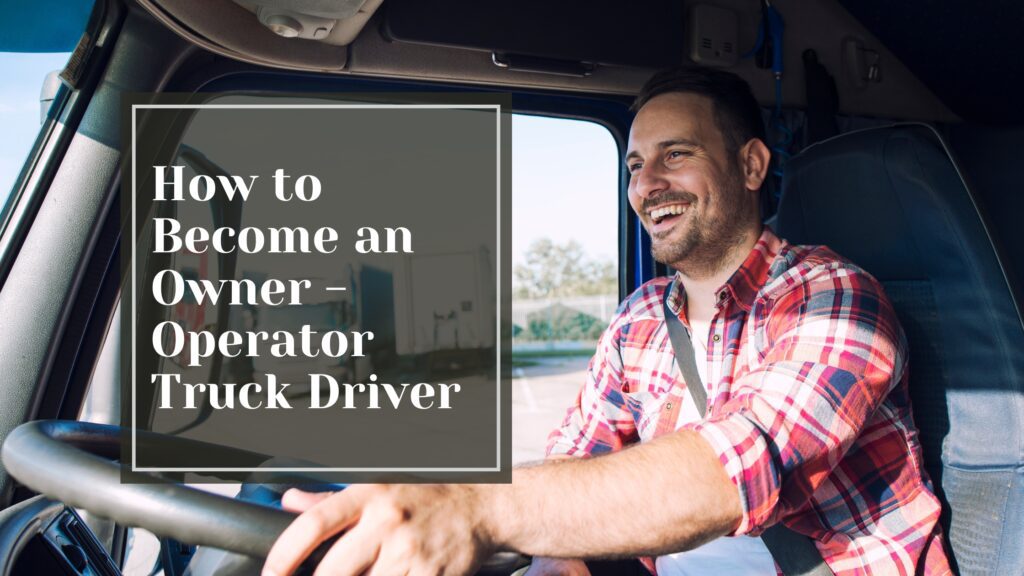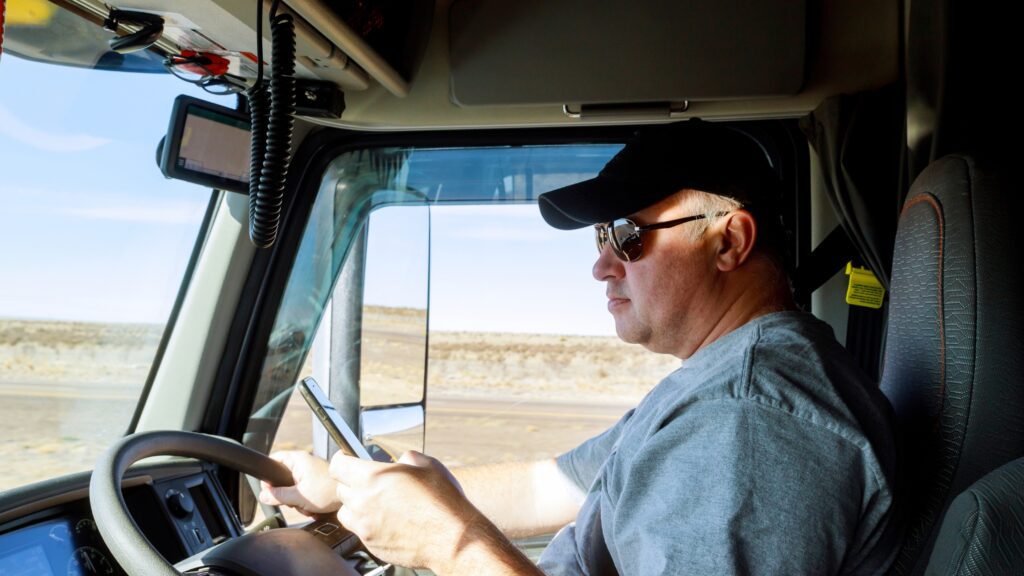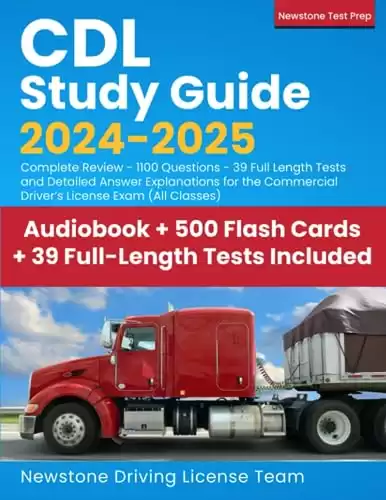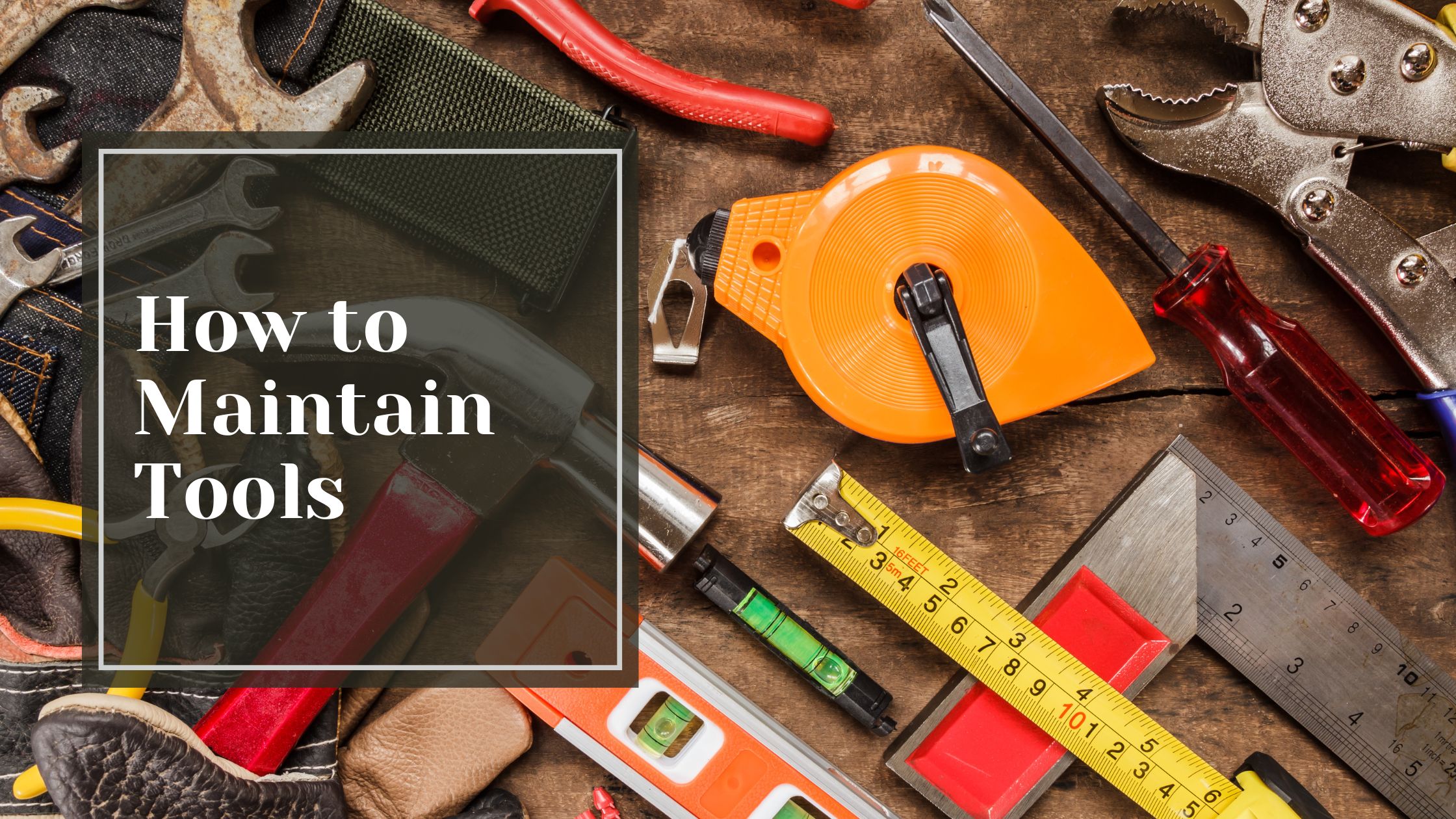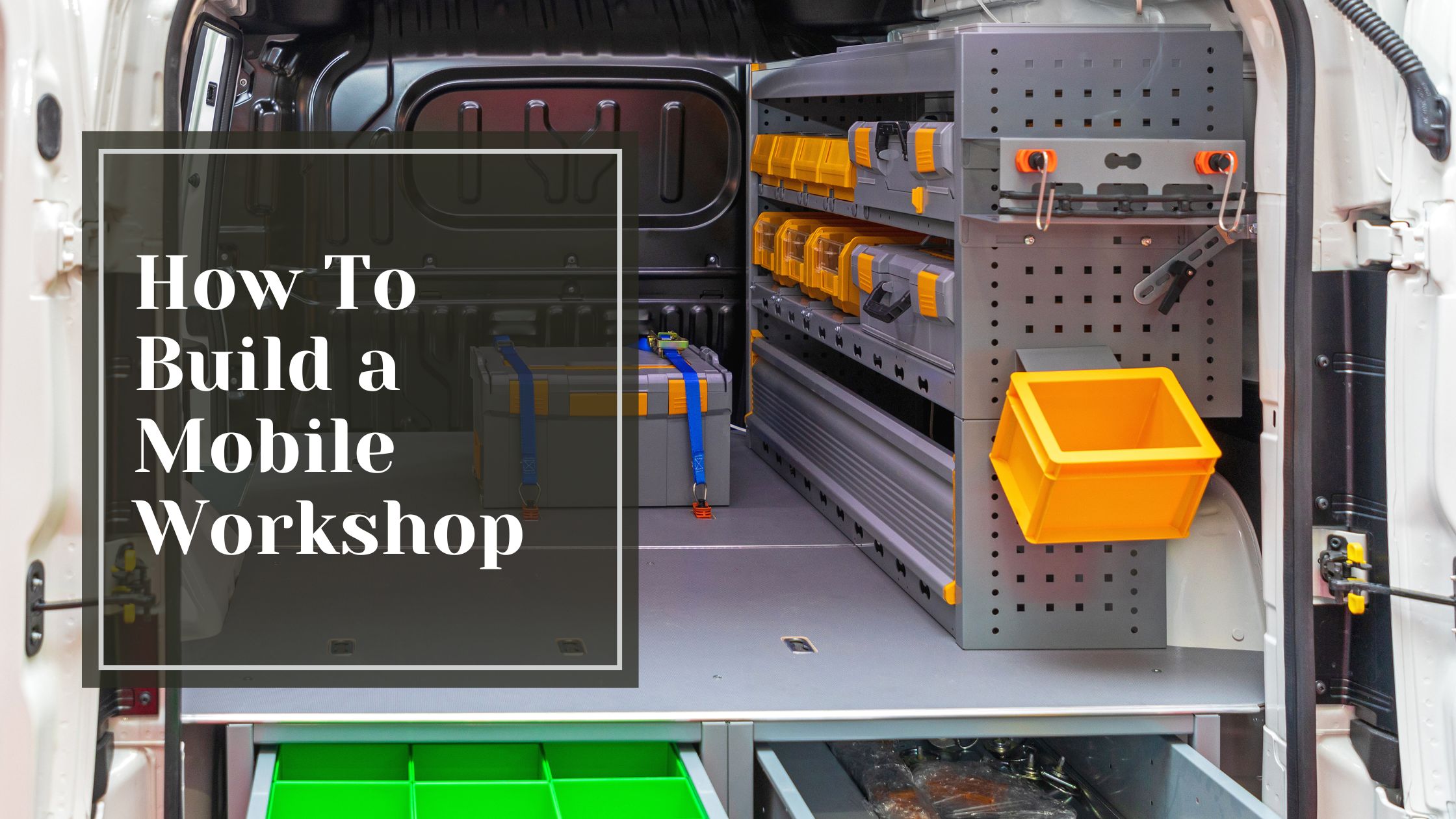Have you ever dreamed of ditching the 9 to 5 and hitting the open road as your boss? Becoming an owner-operator truck driver might be the career change you’ve been looking for. But how do you go from office drone to king (or queen) of the highway? This step-by-step guide at Talking Tradesmen will walk you through everything you need to know to get your own trucking business up and running in 2024.
Table of Contents
Toggle
What Is an Owner Operator Truck Driver?
An Independent Business Owner
As an owner-operator, you’re essentially running your own trucking business. You own (or lease) the truck and operate it yourself rather than working for a trucking company as an employee driver. This gives you more independence and control over your schedule, routes, and income potential.
Be Your Boss
One of the biggest appeals is the ability to be your boss and have autonomy over your work life. You get to decide what jobs to take when to hit the road, and which routes to travel. However, it also means handling all the responsibilities of a business owner – finding loads, managing finances, dealing with regulations, and maintaining your equipment.
Higher Earning Potential
Owner-operators typically have higher earning potential than company drivers, especially experienced truckers. While expenses like fuel, insurance, and maintenance eat into profits, the best owner ops can net over $100,000 per year after costs by maximizing revenue and keeping costs down.
Flexible Lifestyle
The freedom to set your schedule is a major draw for many. You can run as little or as much as you want based on your income goals. This flexibility allows you to spend more time at home or take extended breaks if desired. The trade-off is inconsistent income when you’re not driving.
Responsibilities and Challenges
On the flip side, you’ll face challenges like:
- Finding consistent, well-paying freight loads
- Covering expenses like fuel, insurance, truck payments
- Dealing with regulations and compliance paperwork
- Maintaining and repairing your truck
Being an owner-operator requires solid business skills, discipline, and the ability to manage that independence successfully. It’s not just about driving – you’re running a full trucking operation.
Requirements to Become an Owner-Operator Truck Driver
Getting the Right License
The first major requirement is having the proper commercial driver’s license (CDL). To operate tractor-trailers and other large trucks, you’ll need a Class A CDL at minimum. This requires passing knowledge tests about operating commercial vehicles as well as a road skills test.
Trucking Experience
Most companies want owner-operators to have several years (typically 2-3 years minimum) of over-the-road truck driving experience under their belt before taking on an owner-operator role. This ensures you have the necessary skills and experience to handle the challenges of operating your own trucking business safely and efficiently.
Good Driving Record
Your driving record will be closely scrutinized when applying to be an owner-operator. Too many moving violations, accidents, or other issues on your record can make it very difficult to get hired or insured. Maintain an excellent driving history with very few, if any, blemishes.
Training Programs
While not always required, completing an owner-operator training program can give you a big advantage. These teach you the business side of trucking – how to handle taxes, permits, maintenance, regulations, and other aspects of running your own small trucking company.
Finances for Starting Up
Becoming an owner-operator requires a significant financial investment upfront. At a minimum, you’ll need enough money to cover:
- Purchasing or leasing a truck (can cost $100,000+)
- Insurance down payments
- Permits and licensing fees
- Living expenses for the first few months
Many take out loans or use alternate financing methods to cover startup costs. Having a solid credit history and business plan is crucial.
Prepare for your CDL exam with the 'CDL Study Guide 2024-2025.' Featuring 1,100 questions, 39 full-length tests, and detailed answer explanations, this comprehensive guide covers all classes to ensure you're ready for the commercial driver's license exam.
Finding the Right Trucking Company as an Owner-Operator
Do Your Research
As an owner-operator, choosing the right trucking company is crucial. Start by making a list of your priorities – what matters most to you? Maybe it’s getting paid quickly, having a consistent workload, or prioritizing home time.
Once you know what you’re looking for, dig into research. Check out company reviews from other drivers, read forums, and talk to any owner-operators you know. Their firsthand experiences can provide invaluable insights.
Company Reputation & Culture
Beyond just pay and miles, a company’s overall reputation and culture should be a major factor. Are they known for taking good care of their drivers? Do they have a family-friendly environment if that’s important to you?
You’ll also want to look at their safety record, equipment age, and maintenance practices. An unsafe or unreliable fleet can lead to costly downtime and put your business at risk.
Contracting & Compensation
Of course, money talks – so take a close look at compensation packages. What’s included besides mileage pay? Some companies offer benefits like paid plates and permits, discounted fuel, or breakdown services.
Be sure to carefully review any contract before signing. Understand termination clauses, charge-back policies, and settlement periods. An awesome pay rate won’t mean much if they nickel-and-dime you to death on the back end.
Freight Diversity & Lanes
Consider what types of freight and lanes are available too. If you prefer a dry van, reefer, or flatbed – make sure they have plenty of that work. And think about where you want to run -regionally, OTR, or dedicated routes close to home.
A good trucking company should be able to keep you loaded consistently with the types of runs you prefer in your desired geographic area.
Enhance your night driving safety with BLUE CUT Clip-On Polarized Night Vision Sunglasses. These UV 400 blockers fit over prescription glasses, reducing glare and improving visibility on the road.
Costs of Becoming an Owner-Operator Truck Driver
The Big Upfront Investment
One of the biggest hurdles to becoming an owner-operator is the upfront costs. You’re going to need a serious chunk of change to get started. Expect to shell out $150,000 to $200,000 just for a decent used semi-truck and trailer. That’s not pocket change for most folks.
And that’s just the beginning. You’ll also need to factor in costs for licenses, permits, insurance, maintenance, fuel, and more. Suddenly that nest egg you were saving up doesn’t look quite so cushy.
Running a Trucking Business
As an owner-operator, you’re essentially running your own small trucking business. That means dealing with all the headaches and expenses that come with it. From bookkeeping and accounting to marketing and customer acquisition, you’ll be wearing a lot of different hats.
You may need to hire staff like mechanics, office managers, or even other drivers if you want to grow. All those payroll costs can start adding up fast. Don’t forget about taxes, either – they’ll take a nice bite out of your profits if you’re not careful.
Financing Options to Consider
Unless you’ve got a rich uncle willing to bankroll your new venture, you’ll likely need to explore financing options. Equipment financing and lines of credit are common routes for funding the purchase of your truck and trailer.
Just be aware that those monthly payments, plus interest, are another recurring expense you’ll need to account for in your budget. Missing payments can put you in a deep hole fast. Leasing equipment rather than buying could be an option to reduce upfront costs for some.
Manage Expectations & Costs
The reality is, that becoming an owner-operator requires a major financial commitment upfront and ongoing. Make sure you crunch all the numbers thoroughly and manage your expectations around earnings and lifestyle. Many underestimate just how much it costs to get rolling and stay profitable.
How to Become an Owner-Operator Truck Driver
So there you have it – the basics on how to become an owner-operator truck driver in 2024. The road won’t always be smooth, but with grit and determination, you can make it happen. Keep learning, stay focused on your goals, and don’t let the occasional bumps in the road throw you off course. The open highway awaits you. All you have to do is put the pedal to the metal and go for it.
Frequently Asked Questions
What Is An Owner-Operator Truck Driver?
An Owner-Operator Truck Driver Is An Independent Business Owner Who Owns Or Leases A Truck And Operates It Themselves. They Have The Freedom To Choose Their Routes, Schedule, And Workload, But They Are Also Responsible For Managing All Aspects Of Their Trucking Business.
How Do I Become An Owner-Operator Truck Driver In 2024?
To Become An Owner-Operator Truck Driver In 2024, You Need A Class A CDL, Several Years Of Trucking Experience, A Good Driving Record, And A Significant Financial Investment To Purchase Or Lease A Truck And Cover Startup Costs.
What Are The Benefits Of Being An Owner-Operator Truck Driver?
The Benefits Of Being An Owner-Operator Truck Driver Include Higher Earning Potential, The Freedom To Set Your Own Schedule, And The Autonomy Of Running Your Own Business. However, It Also Requires Managing Expenses, Finding Loads, And Maintaining Your Truck.
What Are The Costs Associated With Becoming An Owner-Operator Truck Driver?
The Costs Associated With Becoming An Owner-Operator Truck Driver Include The Purchase Or Lease Of A Truck (Which Can Cost $100,000+), Insurance, Permits, Fuel, Maintenance, And Other Business Expenses. It’s A Significant Financial Commitment.
How Do I Choose The Right Trucking Company As An Owner-Operator?
To Choose The Right Trucking Company As An Owner-Operator, Research Companies’ Reputations, Compensation Packages, Freight Options, And Work Culture. Look For A Company That Aligns With Your Priorities, Whether It’s Consistent Work, Fair Compensation, Or A Supportive Environment.
